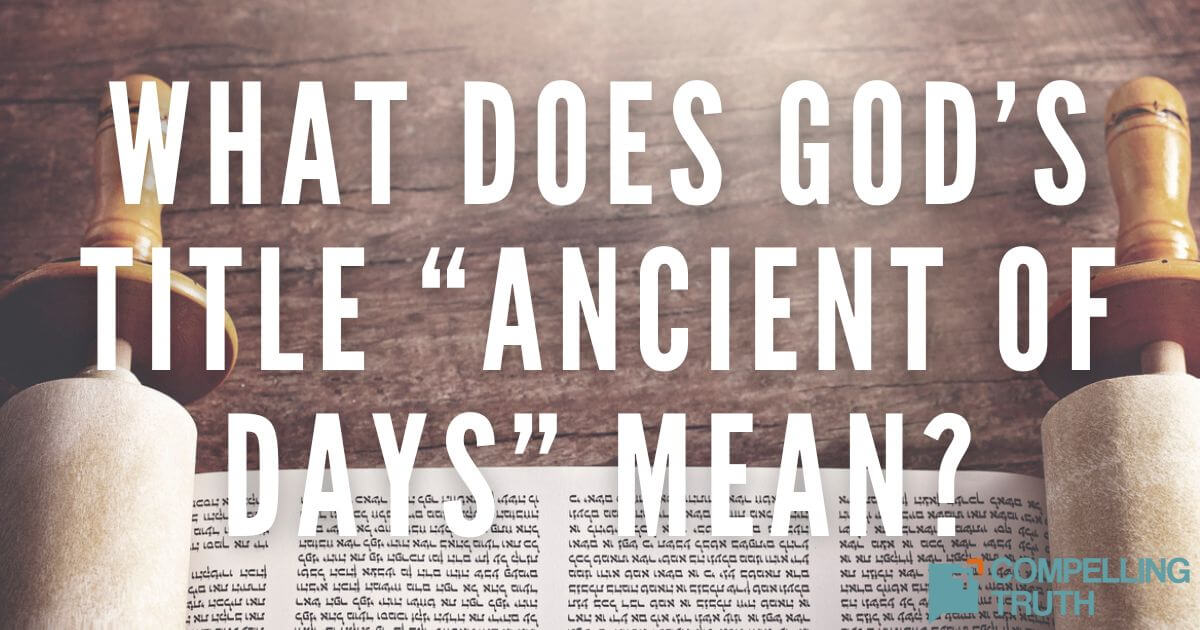In Exodus 3, God called Moses to go to Egypt and rescue His people from captivity. Every known god had a name and a limited domain. So, Moses asked what God’s name was so that He could tell the people by what authority he was taking them out of Egypt. God’s reply was, “I AM WHO I AM.”
By calling Himself “I AM,” God was declaring that He is. He was saying that He never changes, has always existed, and is self-existent. This set God apart from and above every false god, as He was claiming to exist before anything and, therefore, to have dominion over everything. Because He is the “I AM,” God could take the Israelites out of Egypt because everything was His domain.
“Yahweh,” God’s proper name, is a derivative of the verb translated as “I AM.” Throughout the Old Testament, He regularly used it to remind us Who He is. Later, in the New Testament, Jesus applied the “I AM” statement to Himself, saying that He was the same eternal, self-existent God that had first rescued the Jews out of captivity thousands of years earlier (John 8:58).
YHWH being the great “I AM” has several implications for us, today.
First, because He is the “I AM,” He is eternal and existed before anything existed. In fact, He created everything that is (John 1:1–3). That means that He, alone, deserves all glory and honor (Revelation 4:11).
Second, because He is the “I AM,” He is self-existent, needing nothing outside of Himself to continue to exist. That means that there is nothing in creation that He needs. He was perfectly satisfied within Himself for all eternity. We do not add to God or complete Him. This means that the fact that He created us, placed us over the rest of His creation, and personally cares for us is an unfathomable display of love on His part (Psalm 8).
Third, because He is the “I AM,” He can do whatever He wants. He does not accommodate His will for us, nor does He wait to see what we will do and then respond. Instead, He is in heaven, doing whatever He pleases (Psalm 115:3).
Fourth, because He is the “I AM,” His state never changes. He “is the same yesterday, today, and forever” (Hebrews 13:8). This means that we can bank on His promises and His character. It also means that He is perfect. We can be assured that He will not change. Instead, He is the same holy, gracious, merciful, just, and good God that He was in eternity past. He will also be the same in eternity future.
God is. Let us praise and worship Him (Psalm 30:4)!




